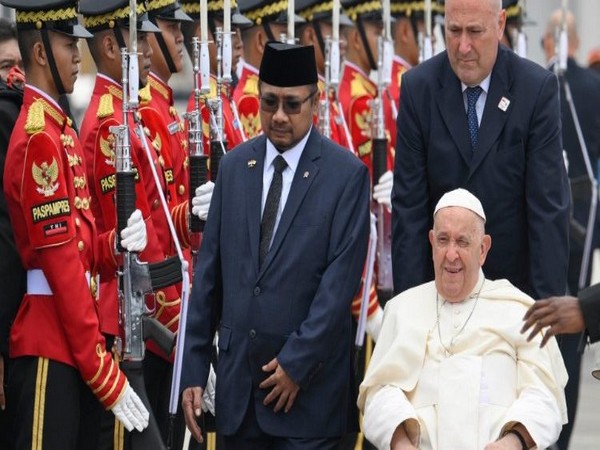Pope Francis to Visit Remote Catholic Community in Papua New Guinea
Pope Francis is set to visit a remote Catholic community in Papua New Guinea, where he will be welcomed by Argentine missionaries with a traditional herbal drink, 'mate.' The visit highlights the town of Vanimo and aims to spur global climate action. Local missionaries prepare spiritually and materially for the event.

Pope Francis is scheduled to arrive in one of the world's most isolated Catholic communities in Papua New Guinea's Vanimo on Sunday, welcomed by Argentine missionaries with a traditional herbal drink known as "mate." The 87-year-old pontiff, originally from Buenos Aires, aims to promote global climate action during his 12-day tour of Indonesia, Papua New Guinea, East Timor, and Singapore.
Vanimo, a town of about 14,000 people near the Indonesian border, is so remote that authorities had to ship the Pope's car from the capital, Port Moresby. Pope Francis' visit to this region also emphasizes the efforts of the Argentinian missionary group, the Institute of the Incarnate Word, active in the Vanimo diocese.
Father Agustin Prado, one of the missionaries, shared that the relationship between Vanimo and the Vatican began in 2019 when a local group visited Rome and met the Pope. Vatican officials have informed the missionaries that Pope Francis is eager to meet them privately during his visit, where he will be offered "mate." Locals, who often depend on the Church for education and basic needs, are excited for the Pope's visit, despite the isolation and development challenges of the area.
(With inputs from agencies.)
ALSO READ
UPDATE 1-Teen soccer players lay to rest mate killed in Swiss bar fire
Harnessing Energetic Materials for Enhanced Operational Capability: Insights from the IAF's Perspective
The Silent Emergency: Maternal and Newborn Deaths in Conflict and Humanitarian Settings
Revolutionizing Maternal Care: Aam Aadmi Clinics' Impact in Punjab










